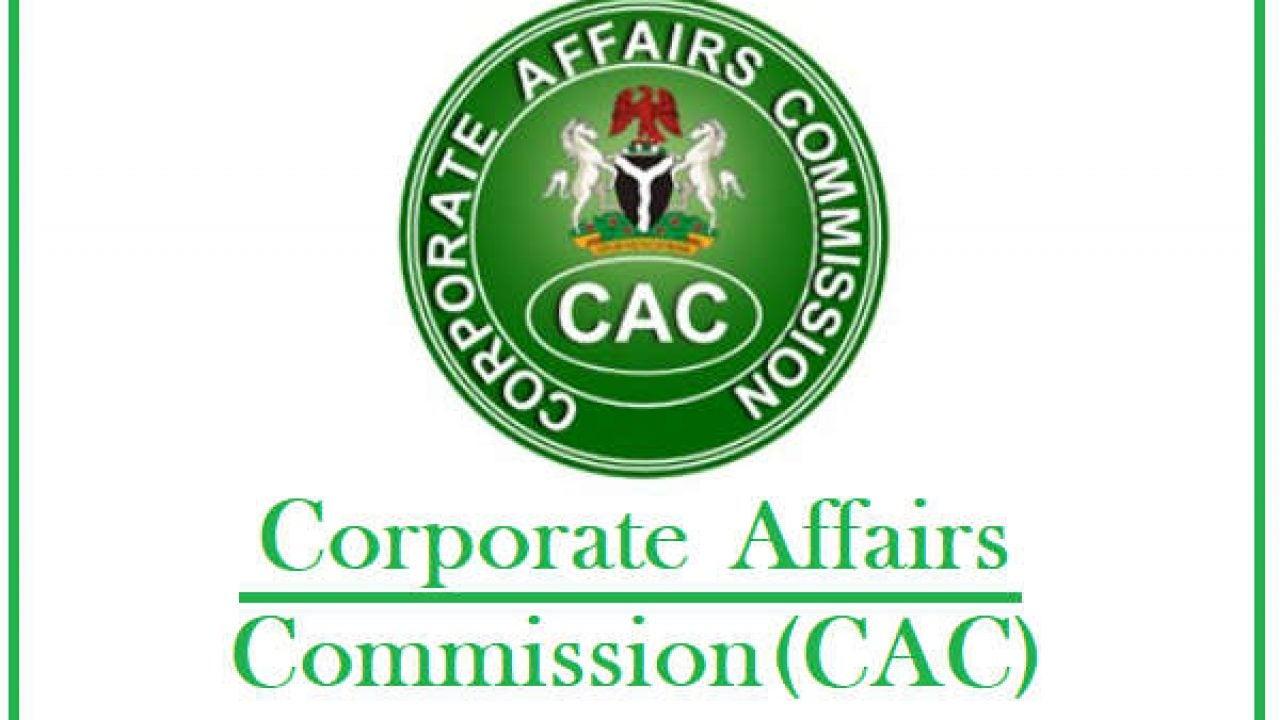- Stakeholders Seek Collaboration on Mortgage Policy, Legislation
Stakeholders in the country’s mortgage industry have called for increased collaboration among the executive, legislature and judicial arms of government as well as operators and regulators for effective policy formulation and legislation to engender housing and mortgage reforms.
They noted that it had also become necessary for land registries and land titling processes in all states to be automated for better coordination of activities and information sharing in the industry.
These issues and more were contained in a communiqué issued at the end of a workshop on the model mortgage and foreclosure draft bill for stakeholders comprising speakers from various state houses of assembly, attorney generals and commissioners for land and housing; representatives of the Central Bank of Nigeria, Nigeria Deposit Insurance Corporation, Governors’ Forum, Mortgage Bankers Association of Nigeria, Nigeria Mortgage Refinance Company, Real Estate Development Association of Nigeria, and the National Housing Finance Programme.
The stakeholders agreed that there was a need for interface between the land and mortgage registries in states and among all concerned.
The communiqué read in part, “There is a need for state governments to see discounts and reduction of statutory fees and rates as an incentive to increase Internally Generated Revenue as well as broaden the revenue collection base of the states. This underscores the need to emphasise the benefits of passing the model mortgage and foreclosure law as an incentive to the states.
“There is a need to consider the financial implication of the legal framework being proposed by the MMFL and the possibility of adopting existing structures to minimise cost and serve as an incentive, rather than a dis-incentive to the passage of the law; as well as a need to address potential conflict of interest between the proposed state mortgage boards and the existing land registry/authority.
“There is a need for operators to be realistic in their projections and models in determining the types of houses built in states and fixing unit prices of such houses to suit the different states and income/salary scale of beneficiaries of housing and mortgage schemes, bearing in mind the housing/mortgage policy that not more than 33 per cent of a beneficiary’s income should be used to service a housing loan/mortgage.”
Participants also agreed that mortgage creation should be simplified and modified to meet modern trends and exigencies of the housing and mortgage industry, while the process for obtaining Governor’s Consent should be made easier by delegating the authority to more than one person in respect of secured transactions; and reassess/streamline the process to eliminate the delay in obtaining such consent so that transactions involving property would be easier and more seamless.
They also urged state governments to provide the necessary infrastructure and social amenities, such as motorable roads, electricity supply and pipe borne water, among others, to make housing estates attractive to investors, developers and potential homeowners.
The Attorney General of the Federation and Minister of Justice, Abubakar Malami, who was represented by Biodun Aikhomu, at the workshop, stated that more than 80 per cent of the nation’s population lived in informal housing arrangements and advocated for reforms that would foster short, medium and long-term solutions to the challenges confronting housing provision.
The Deputy Governor, Financial System Stability, CBN, Aisha Ahmad, represented by the Deputy Governor, Corporate Services, Edward Adamu, said the theme, ‘Creating an enabling environment for the growth of the housing and mortgage sector: The need for land and law reform’, was intentionally chosen to enable participants to share and gain knowledge and insight into the status, challenges and necessary reforms in the housing finance sector.
The Director, Other Financial Institutions Services Department, CBN, Mrs Tokunbo Martins, stated the workshop would enable participants to create an action plan to move the housing and mortgage industry forward.


 Billionaire Watch4 weeks ago
Billionaire Watch4 weeks ago


 Naira4 weeks ago
Naira4 weeks ago


 Naira3 weeks ago
Naira3 weeks ago




 Naira3 weeks ago
Naira3 weeks ago




 Naira3 weeks ago
Naira3 weeks ago




 Naira2 weeks ago
Naira2 weeks ago
 Commodities3 weeks ago
Commodities3 weeks ago


 Banking Sector3 weeks ago
Banking Sector3 weeks ago



















